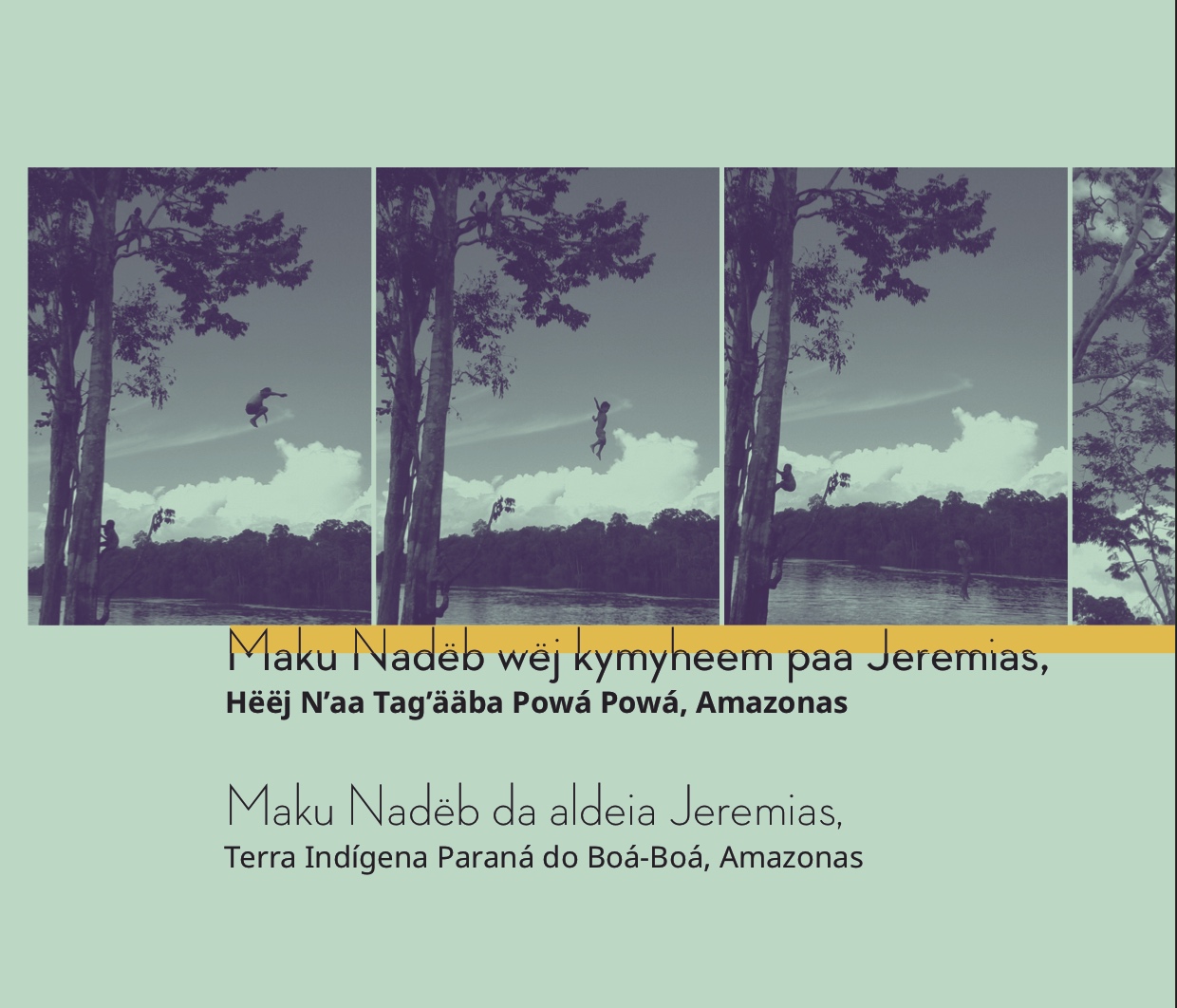El acceso al agua y los derechos fundamentales de los pueblos amazónicos de Loreto
El tema elegido como objeto de estudio tiene como motivación el hecho que no existe suficiente investigación, a diferencia de lo que ocurre respecto a las comunidades campesinas y quienes viven en zonas periurbanas, que contenga un enfoque constitucional que analice la problemática del acceso al agua que tienen las comunidades nativas y los colectivos originarios que residen en la selva peruana.



